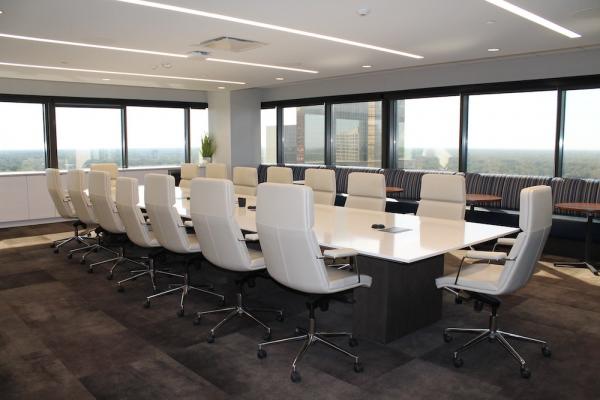Mar 25, 2021
The deeply rooted white American need to be comfortable is keeping many organizations (nonprofit, faith-based, and other well-meaning organizations) from engaging in the messy, necessary work of addressing white supremacy.
Read the Full Article

Already a subscriber? Login
